Before 1951, driving was a workout. There was no need for arm day at the gym. When drivers needed to turn right or left, they had to crank on the wheel to get their vehicles to move in their desired direction. There was no assistance to move the weight of the car. And there was no assistance to make the turns and steering smoother.
It’s no wonder that once power steering systems hit the market, the car industry was quick to include the system in all new cars. And as time goes on, car power steering systems continue to improve.
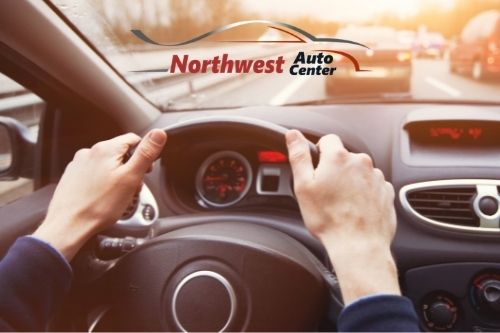
What’s the Point of Power Steering Systems?
The point is simple: it helps drivers turn the steering wheel and stay on course. While the “why” is easy to see, the “how” varies.
Steering happens when the steering wheel and gear system work together to go in the desired direction. How this works depends on the type of power steering system.
Hydraulic Power Steering
The original power steering system, hydraulic steering, utilizes mechanics and pressurized fluid to decrease steering effort.
In HPS systems, the power steering fluid pump is engaged through an accessory drive or belt, which directs the pressurized fluid to one side of the gear-control valve. This gives the driver assistance making the needed turns and adjustments at the wheel.
While an ingenious invention, HPS systems are no longer popular power steering systems for new vehicles (a phase-out that started occurring in the 2000s). The system is inefficient as the pump runs continuously and needs fluid replacements and regular maintenance. It is also easily disrupted as any leaks from lines cause the system to lose power.
Electric Power Steering
EPS did away with hydraulics and fluids and instead offers steering assistance through a small motor run by electricity. For the average car, the motor is mounted on the steering column and uses sensors to gauge how hard the steering wheel is being turned, and a computer then decides how much assistance to be added. The computer also accounts for driving speeds, factoring that in to aid in power, control, and stability.
EPS is preferable for a few different reasons:
- Offers better gas mileage. Electric power steering requires less power from the engine than hydraulic power steering.
- Reduce emissions. Less needed power means fewer emissions.
- Reduced wear and tear on your engine as there are no belts or pumps.
- EPS is a smaller system, requiring less space and fewer parts.
- Use of more innovative technologies. The computer in the EPS system can account for things like winds, alignment issues, and slanted road services.
Electrohydraulic Steering
This hybrid system uses hydraulic pressure, but instead of utilizing a pump that is run by the engine, it uses an electric motor as EPS does. While it eliminates wasted energy, it doesn’t have many of the available features of a fully electronic power steering system.
Few vehicles use this system, most of which are heavy-duty pickup trucks.
Keeping Your Power Steering System Happy
While you can continue driving down the road without a working power steering system, going straight is no problem, but once you have to park, your arms are going to get tired real fast. When maneuvering a vehicle without power steering at very slow speeds and trying to park for instance, the steering wheel is much harder to turn.
Like all components in your vehicle, maintenance is critical. If you want to keep your power steering system happy, you’ll want to make sure to have your mechanic check it when you go in for your regular maintenance.
This includes things like:
- checking fluid levels.
- checking hoses and belts
- changing the filter
- exchanging power steering fluid every 30,000 miles or 2 years
As we mentioned, hydraulic steering systems require more maintenance than electronic steering systems. Make sure you know which power steering system your vehicle utilizes so you can set a proper maintenance schedule.

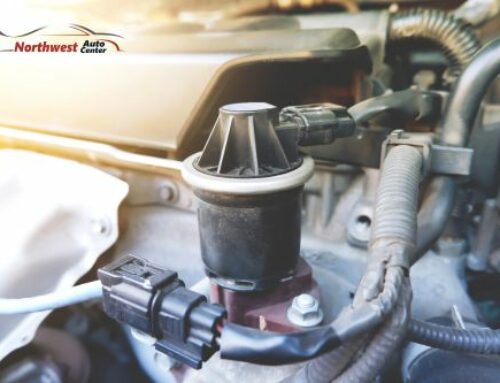
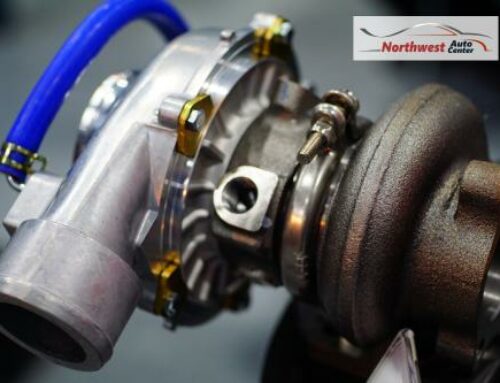
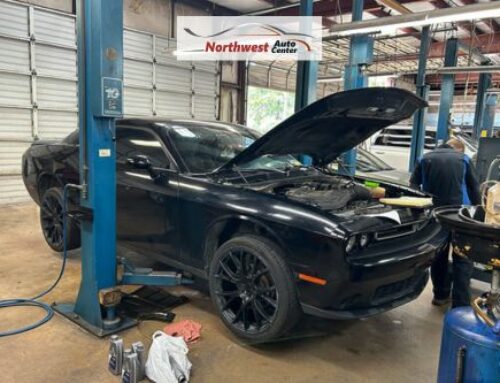
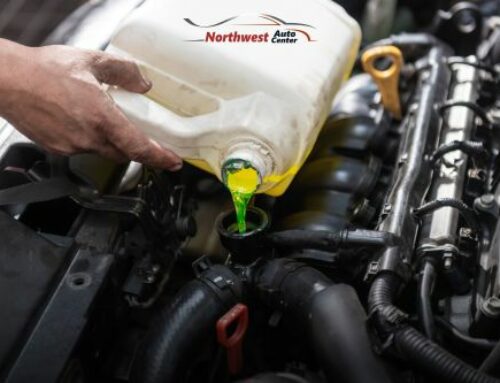
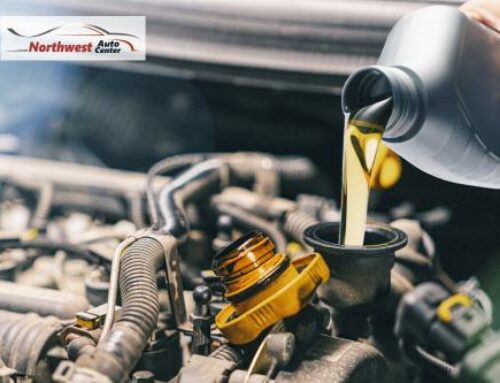
Leave A Comment
You must be logged in to post a comment.